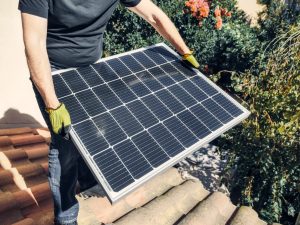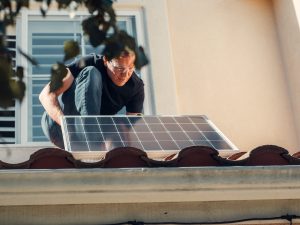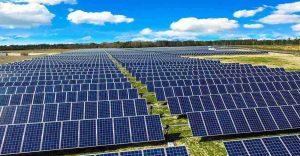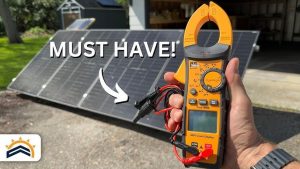“Will Solar Panels Last 40 Years?”
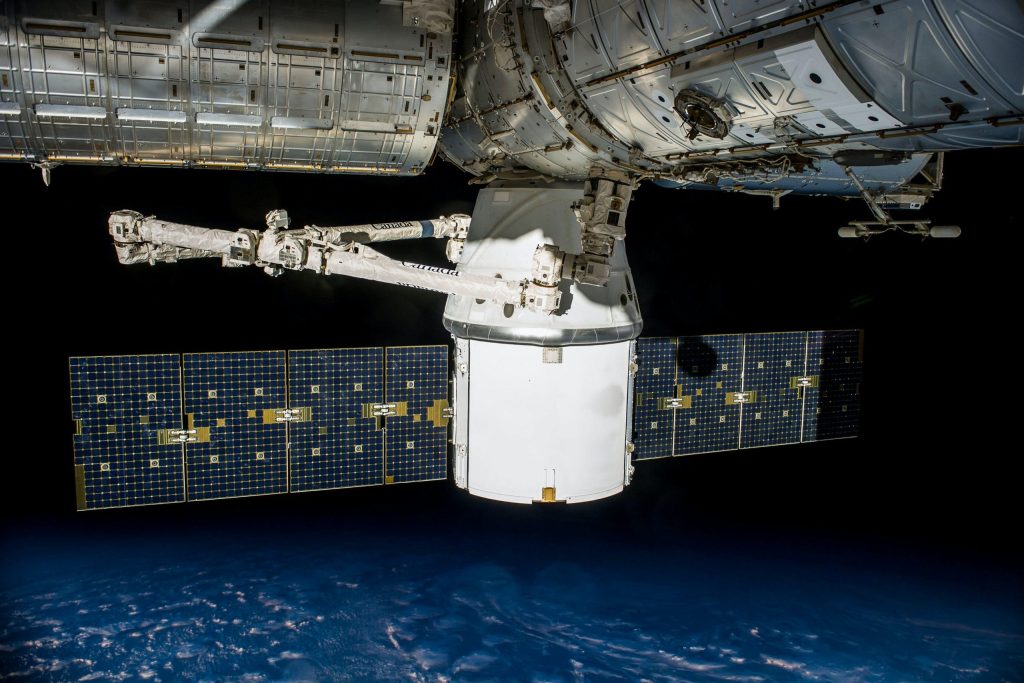
"Will Solar Panels Last 40 Years?"
“Will Solar Panels Last 40 Years?”
Introduction
Solar panels have become a pivotal player in the realm of renewable energy providing sustainable and clean power. The longevity of solar panels is a topic that sparks curiosity and intrigue. In this article we’ll delve into the factors influencing the lifespan of solar panels common misconceptions ways to extend their longevity economic considerations case studies technological innovations environmental benefits addressing concerns and a glimpse into the future of solar technology. “Will Solar Panels Last 40 Years?”
Factors Influencing Solar Panel Lifespan
Quality of Materials
The foundation of any longlasting solar panel lies in the quality of its materials. Highgrade components ensure durability and resistance to wear and tear. Investing in panels with superior craftsmanship is a crucial step toward ensuring a prolonged lifespan.
Maintenance and Care
Just like any technology solar panels require regular maintenance. Simple tasks such as cleaning inspecting for damages and ensuring proper connections can significantly contribute to their longevity. Neglecting these basic maintenance steps may lead to premature degradation.
Environmental Conditions
The environment in which solar panels operate plays a pivotal role in their lifespan. Extreme weather conditions such as intense heat or cold can impact performance. Understanding the local climate and taking appropriate measures such as installing protective coatings can mitigate potential damage.
Common Misconceptions
Solar Panel Degradation
One common misconception is that solar panels experience rapid degradation over time. While some degradation is inevitable modern panels are designed to maintain efficiency over several decades. Technological advancements have significantly reduced degradation rates.
Technological Advancements
Some may argue that technological advancements render older solar panels obsolete. However many older systems can be upgraded with new components ensuring they remain competitive with newer models. Upgrades may include advanced inverters improved connectors and more efficient solar cells.
Impact of Extreme Weather
Concerns about the impact of extreme weather events on solar panels are valid. However welldesigned installations and ongoing maintenance can address these concerns. Examples abound of solar panels enduring hurricanes and other extreme weather conditions with minimal damage.
Extending the Lifespan
Regular Maintenance Tips
Simple practices such as regular cleaning and visual inspections can go a long way in maintaining solar panels. Clearing debris checking for shading issues and ensuring proper ventilation are essential tasks that can be easily incorporated into a maintenance routine.
Upgrading Components
As technology evolves upgrading certain components of a solar panel system becomes a viable option. Upgraded inverters for example can enhance overall system efficiency. Investing in such upgrades can extend the lifespan and improve the performance of existing solar installations.
Investing in HighQuality Installations
The initial quality of the solar panel installation plays a critical role in determining its lifespan. Cutting corners during installation may lead to future complications. Investing in a highquality installation from the beginning is a wise longterm strategy.
Economic Considerations
LongTerm CostEffectiveness
While the initial cost of installing solar panels may seem high the longterm costeffectiveness cannot be overstated. With a lifespan exceeding 40 years solar panels provide a reliable and sustainable source of energy ultimately saving homeowners and businesses on electricity costs.
Return on Investment
Solar panels offer an attractive return on investment. Over their extended lifespan the savings on electricity bills often far outweigh the initial investment. Governments and utilities may also provide incentives and rebates further enhancing the financial benefits of solar energy.
Case Studies
RealWorld Examples
Numerous realworld examples showcase solar panels exceeding the 40year mark. From residential installations to largescale solar farms these cases highlight the resilience and longevity of solar technology. Such success stories inspire confidence in the durability of solar panels.
Success Stories
Stories of individuals and businesses benefiting from solar energy underscore its viability. These success stories not only demonstrate the longevity of solar panels but also emphasize the positive impact of renewable energy on both the environment and finances.
Technological Innovations
Emerging Technologies
The field of solar panel manufacturing is witnessing continuous innovations. Emerging technologies such as advanced coatings flexible solar cells and enhanced energy storage solutions contribute to the durability and efficiency of solar panels. Staying abreast of these innovations is crucial for maximizing the lifespan of solar installations.
Improvements in Durability and Efficiency
Ongoing research and development efforts focus on improving the durability and efficiency of solar panels. Innovations in materials and design contribute to longer lifespans and increased energy production. Keeping an eye on these advancements can guide individuals and businesses in making informed decisions about their solar investments.
Environmental Benefits
Reduction in Carbon Footprint
One of the significant environmental benefits of solar panels is the reduction in carbon footprint. Over 40 years a solar panel system can offset a substantial amount of carbon emissions contributing to a cleaner and more sustainable planet.
LongTerm Positive Impact on the Environment
The cumulative environmental impact of widespread solar panel adoption is immense. Choosing solar energy promotes sustainability reduces reliance on fossil fuels and contributes to a positive longterm environmental legacy.
Addressing Concerns
Common Concerns
Addressing common concerns about solar panel lifespan is crucial for fostering confidence in renewable energy. Providing transparent information about maintenance upgrades and technological advancements helps dispel myths and uncertainties.
Clarifying Doubts
Clear communication about the capabilities of solar panels and the steps to ensure their longevity is essential. Educating consumers about the resilience of solar technology and addressing doubts contributes to a more informed and confident user base.
Future Outlook
Anticipated Advancements in Solar Technology
The future of solar technology holds exciting possibilities. Anticipated advancements include higher efficiency solar cells improved energy storage solutions and integration with smart grids. These innovations promise even greater longevity and efficiency for solar panels.
The Role of Solar Energy in the Future
As the world shifts toward sustainable energy sources the role of solar energy is set to expand. Solar panels will play a crucial role in meeting the growing demand for clean and renewable power. Investing in solar technology today ensures a stake in the energy landscape of the future.
Final Word
In the question of whether solar panels will last 40 years is not only plausible but backed by realworld examples and technological advancements. With proper maintenance quality installations and ongoing innovations solar panels can exceed this lifespan offering a reliable and sustainable source of energy for decades to come.
FAQs
- Are solar panels really durable enough to last 40 years?
- Yes with proper maintenance and quality installations solar panels can last well beyond 40 years.
- Do I need to upgrade my solar panels to keep them efficient?
- Upgrading certain components can enhance efficiency but it not always necessary. Regular maintenance is key to optimal performance.
- How do extreme weather conditions affect solar panels?
- While extreme weather can impact performance welldesigned installations and maintenance mitigate potential damage.
- What is the return on investment for solar panels over 40 years?
- Solar panels offer a substantial return on investment often outweighing the initial costs through longterm energy savings.
- What is the future of solar technology?
- The future holds advancements like higher efficiency cells and improved storage ensuring solar panels continue to evolve and contribute to a sustainable future.

Source of Image: https://www.pexels.com/photo/satellite-space-universe-solar-23763/
